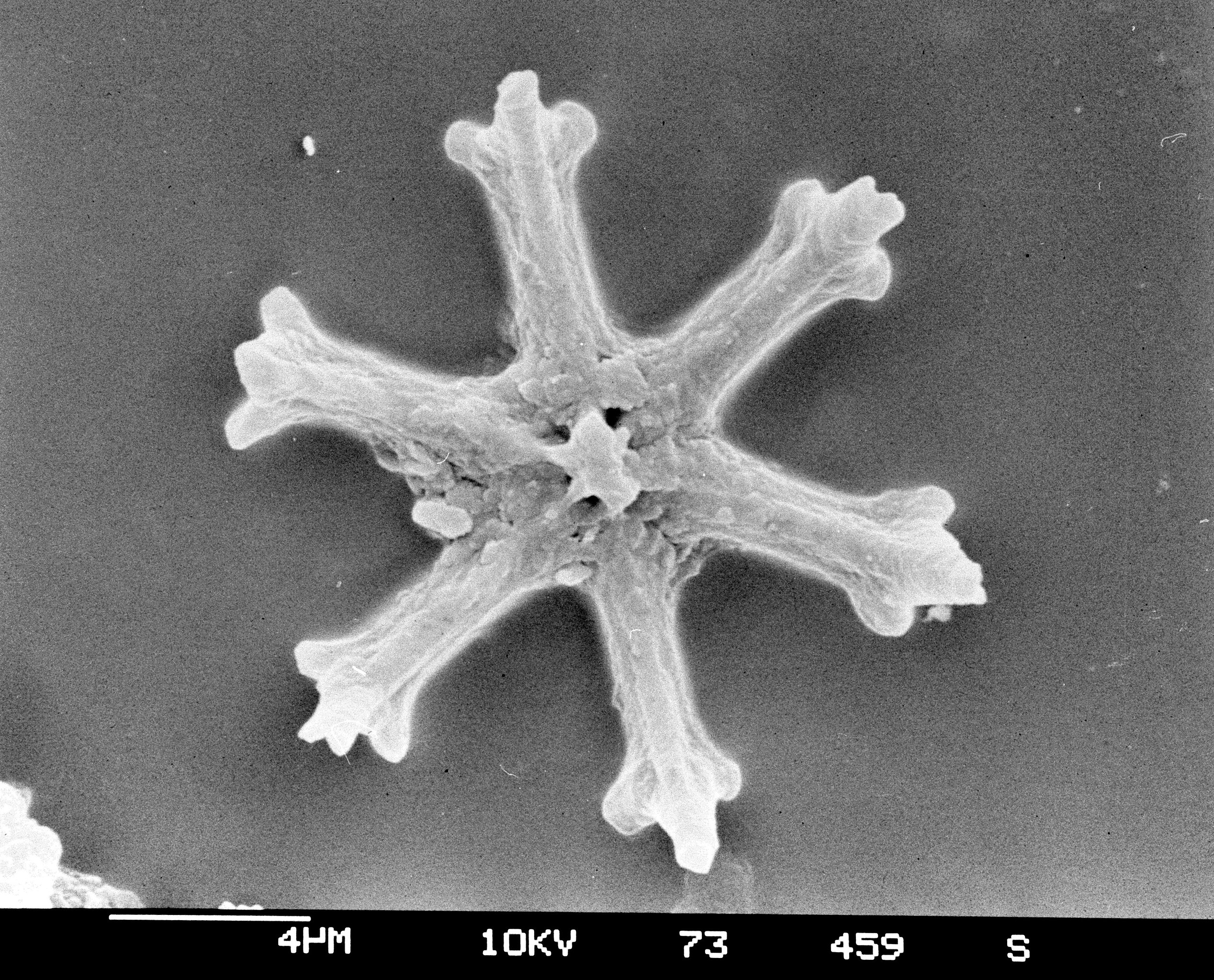All about artificial intelligence
Have you ever heard of palynomorphs? They are microfossils, small fossils found in sedimentary rocks around the world, which can be studied more deeply thanks to artificial intelligence.
These microfossils are valuable to geologists and paleontologists for studying Earth’s history, but their small size and large quantity make the work difficult. Now, researchers have developed machine learning technology to make this task easier.
Read also:
Palynomorphs are really small, ranging in size from 5 to 500 micrometers (to give you an idea, a human hair is 17 to 181 micrometers in diameter). These microfossils are made of highly resistant materials, such as sporopollenin, and probably formed from a few million to more than 500 million years ago.
One key point is that it helps scientists understand how the Earth has changed over time. For example, allowing you to rebuild ancient environments.
Artificial intelligence accelerates scientific work
Previously, scientists would spend hours manually sorting these fossils under a microscope, a tedious and time-consuming process. But now, a team from the University of Tromsø in Norway has created an artificial intelligence (AI) system to detect and classify microfossils from microscopic images.

The new method according to A study published in the journal Artificial Intelligence in Earth SciencesIt uses an object detection model called YOLO to identify and extract ancient shapes from images, creating boxes around each microfossil and saving many hours of work. Next, the team uses a learning technique called SSL (self-supervised learning) to train the AI to identify specific features of the fossils.
The AI was tested using data from the Norwegian Maritime Directorate and proved effective in classifying hundreds of fossils. Iver Martinsen, one of the study’s authors, points out that using AI could help geologists make better use of information from samples.
via IFLScience

“Incurable thinker. Food aficionado. Subtly charming alcohol scholar. Pop culture advocate.”






More Stories
NASA Releases Selfie of Perseverance Rover Working on Mars
NVIDIA driver includes hidden Final Fantasy XVI profile
PlayStation Plus Extra and Premium saw a significant drop in players in July